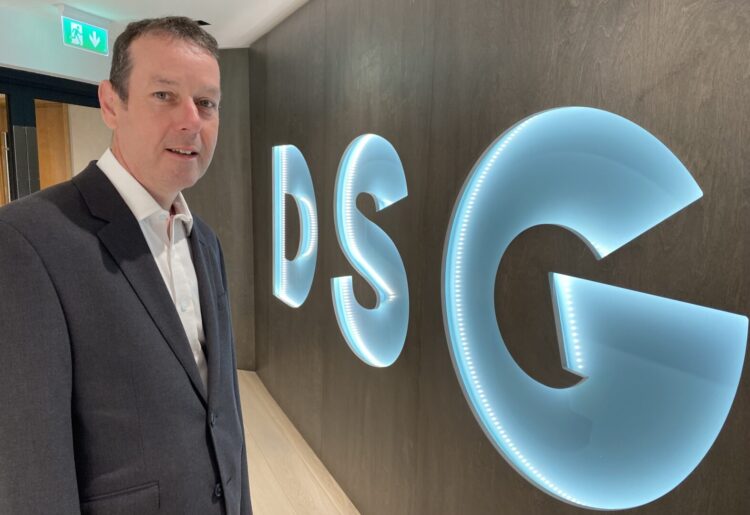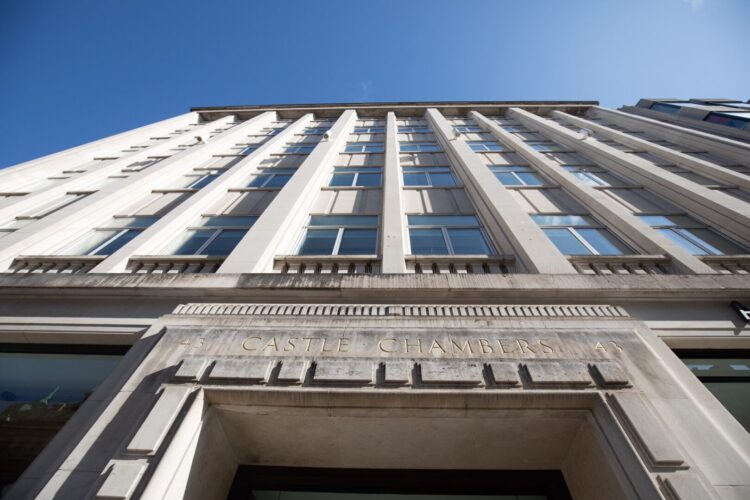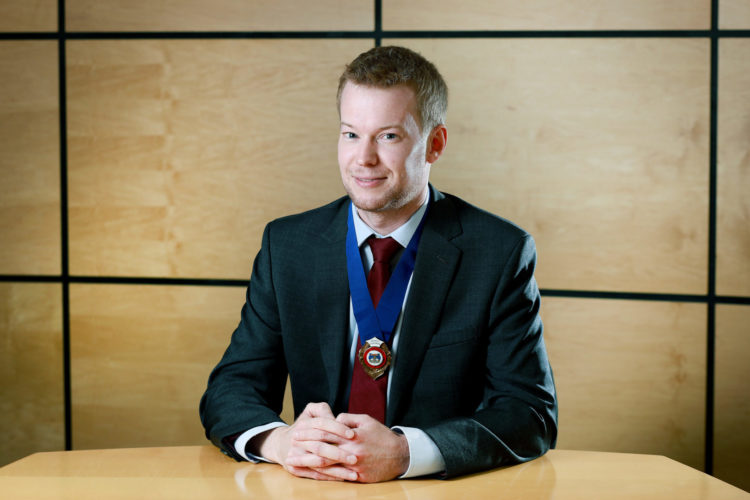DSG shifts to ‘hybrid’ working and grows headcount
Accountancy firm DSG is adopting a hybrid working model at its office in Liverpool and says it will be taking on more staff in the coming weeks. Tony McDonough reports

Liverpool accountancy firm DSG is adopting a new post-pandemic normal by allowing its staff to work from home two days a week.
Based at Castle Chambers in Liverpool city centre, DSG has taken on 10 new people across its audit, accounts and tax teams in the last few months and will take on more people in the next few weeks.
The firm, which currently employs 85 people in Liverpool and a further 10 in its office in North Wales, says it is benefiting from larger accountancy firms raising their prices as they look to move away from the SME market and aim to capture larger clients. Revenue since March is already up 5%.
Partner Andrew Moss told LBN: “From the early part of last year we started to see the larger practices raising their fees and pricing themselves out of work. That, in turn, has allowed us to pick up more work.
“That is good news for us, of course, but at the same time if we are taking on a bigger workload then we have to make sure we maintain the same standards and manage the expectations of our clients.”
More work means more people and, despite the recent rise in numbers at the firm, the recruitment process is ongoing as DSG seeks more qualified staff. Mark Kearsley, who was himself recently promoted to tax partner at the firm, added: “We have new staff about to start and we will be looking to add more to the team shortly.”
Its recent growth follows the completion of a transaction in 2019 when DSG secured the transfer of the Liverpool audit practice of international accounting firm Mazars. The deal included most of Mazars’ audit clients and staff in Liverpool.
This includes Mazars directors Neil Kelly and Angela Harrison, bringing an additional eight team members to DSG and creating the largest independent audit team in Liverpool.
Those newly joining DSG will come into an organisation that is embracing the new post-pandemic reality. While the Government has been actively encouraging people to return to the office to boost city and town centre economies.


However, the reality on the ground is that many businesses are having to accept that people have welcomed the opportunity to work from home and would like it to continue in some form. In fact, recruiters are reporting that candidates now have an expectation of flexible working.
Mark explained: “We are now adopting a hybrid model that will allow people to work from home two days a week and come into the office, or go out to see clients, on the other three days. We conducted a staff survey to see what people preferred.
“But we also recognise there is a value to being in the office and interacting with other members of the team, as well as with clients. That is particularly true for trainees. That cannot learn this job properly by just working from home.”
Andrew agreed with this point adding that Liverpool, in comparison to other cities, had traditionally been more like a village where face-to-face relationships between people are seen as a crucial part of doing business.
“When we speak to recruitment people they tell us flexibility is now very important to people when they consider new positions,” he said. “But we have to strike a balance because we find people here do want to meet up and we found that our team wanted to come back to the office.”
DSG’s focus on the SME market gives it an insight into how the local economy is performing. Andrew said that while its clients were upbeat about their prospects for the coming months, there were supply constraints that were pushing up costs.
The firm is a member of DFK International, a global association of accounting firms, that provides the firm’s clients access to knowledge on a global scale in matters such as tax planning, expanding overseas and regular compliance.
Andrew explained: “Things seem pretty good at the moment. Key issues are with the supply chain and how this is pushing up costs. Pre-pandemic a shipping container would cost around £1,500. That has shot up to £8,000. It is a huge increase and, in some cases, firms will say it is just not worth their while to move stuff.
“And, as we have seen in the news, there is also a shortage of HGV drivers in the UK which is also having an impact on supply. Since Brexit many drivers who came from elsewhere in the UK have gone back home and there are drivers who are reluctant to make trips to the UK because of the paperwork involved.”

